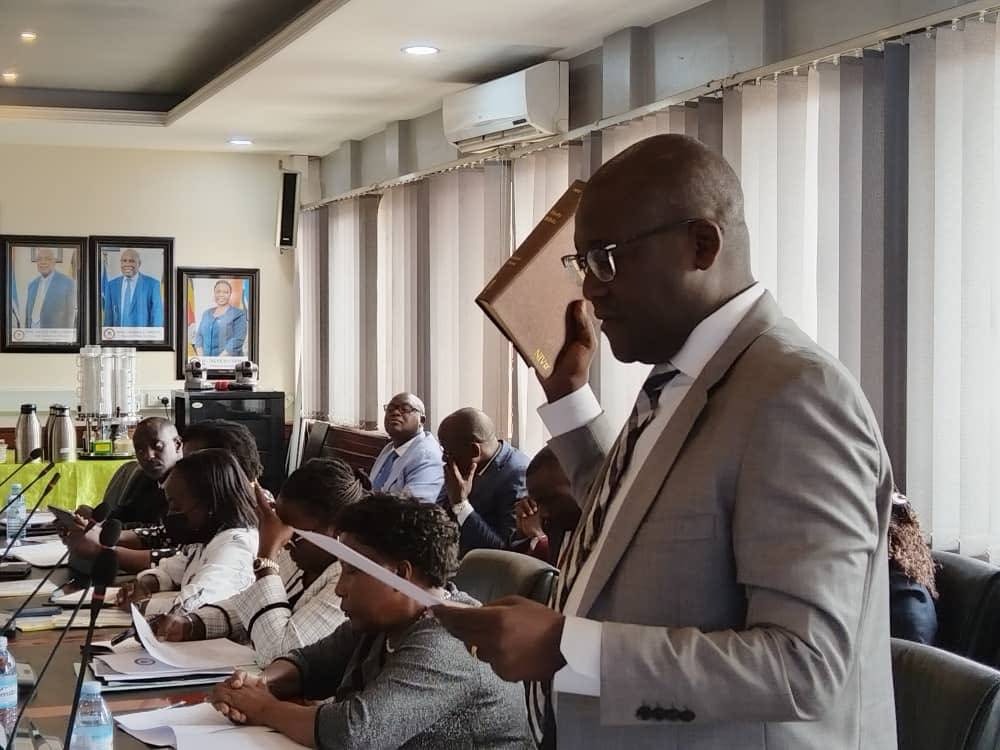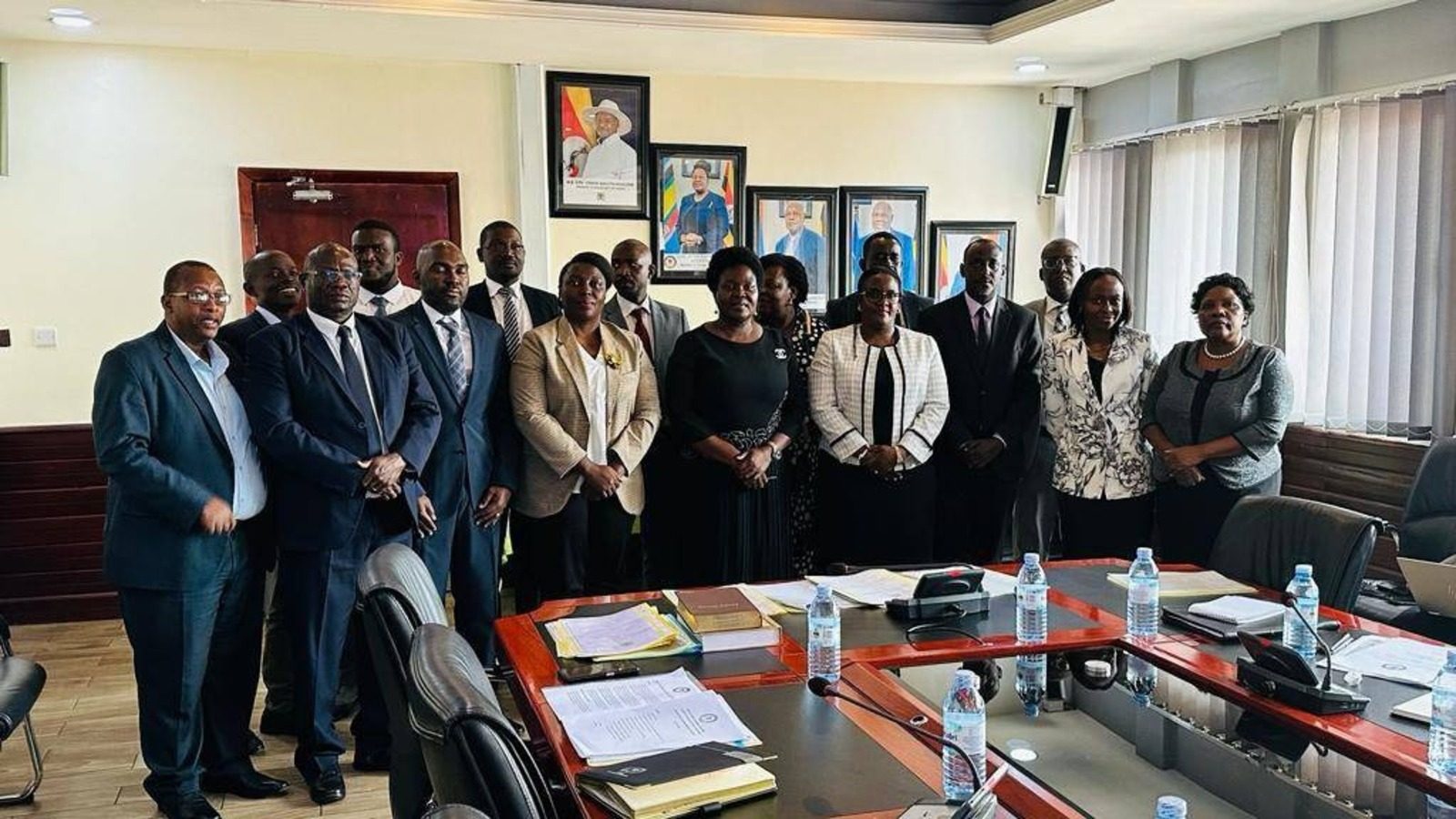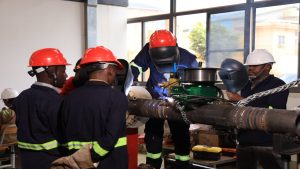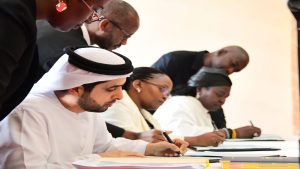Share
Members of the Electricity Access Scale-Up Project (EASP) Steering Committee were formally sworn in today (Wednesday) in front of the nation’s top energy industry professionals, in a significant step demonstrating Uganda’s commitment to expanding energy access across the country.
I saw the swearing-in of the members of the Electricity Access Scale-Up Project (EASP) Steering Committee, tweeted Ruth Nankabirwa, the respected Minister of Energy and Minerals Development, to share her excitement. The tweet emphasized the event’s importance and its possible effects on Uganda’s energy system.
According to Nankabirwa, the Steering Committee, which is made up of 19 esteemed officials from significant government agencies, is at the center of this ambitious endeavor. Irene Bateebe, the Permanent Secretary of the Ministry of Energy and Mineral Development, will take the reins as chairwoman.

The World Bank is providing strong funding for the EASP effort, which has attracted considerable worldwide attention and support, in the amount of $638 million. Its main goal is to increase energy accessibility for individuals, organizations, and different types of institutions. This is intended to be accomplished by combining a variety of grid and off-grid connections.
“The EASP, supported by @WorldBank funding of $638m, aims to increase energy access for households, enterprises, and institutions through grid and off-grid connections, aligning with Uganda’s Vision 2040, NDP II and III, and SDG 7 for universal energy access by 2030,” Nankabirwa said.
The project’s objectives are consistent with a number of Uganda’s major programs and visions. The Sustainable Development Goal (SDG) 7, which seeks to provide universal access to energy by 2030, and the National Development Plans (NDP) II and III are all perfectly in line with it.
The formation and swearing-in of the EASP’s Steering Committee is a critical step towards achieving these goals. The cooperation between local knowledge and international financing bodies will be crucial as Uganda looks to power its future. Despite being difficult, the future’s path now appears well-lit thanks to programs like the EASP.
Ugandan citizens, businesses, and stakeholders are closely following the EASP in the hopes that it will significantly alter the country and improve the lives of millions of people.









